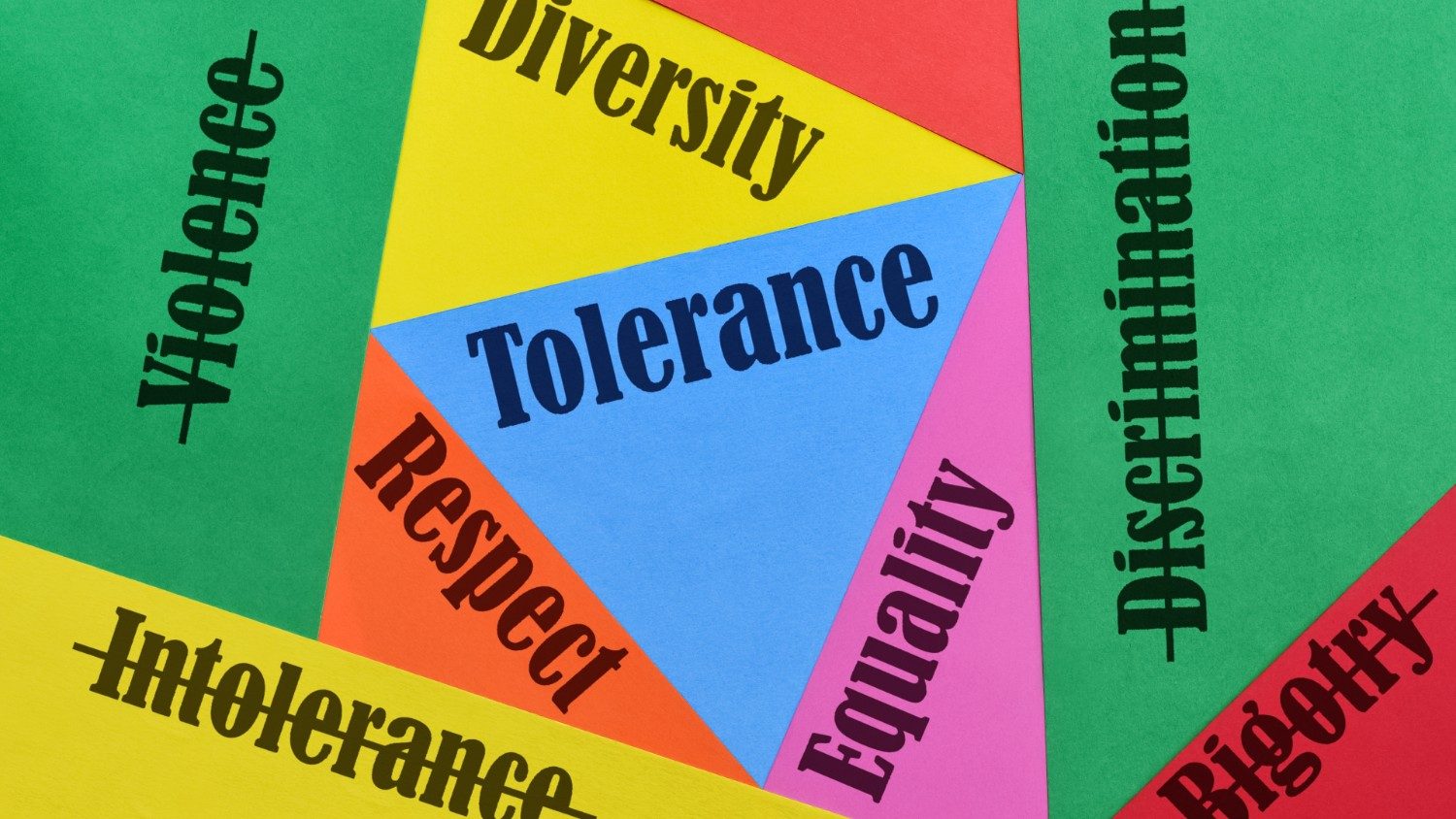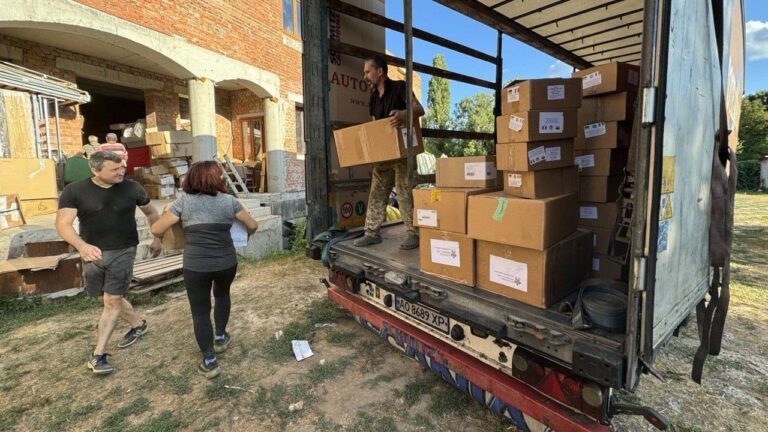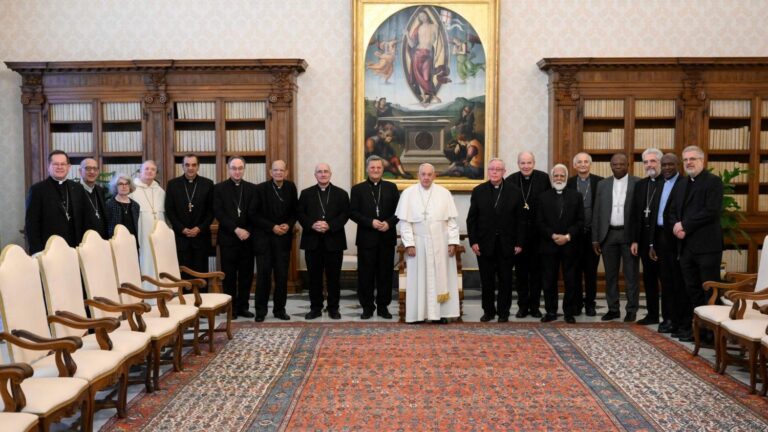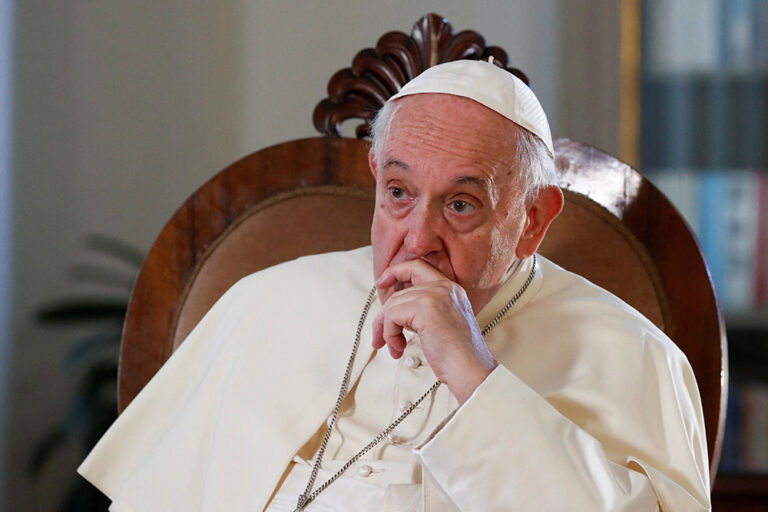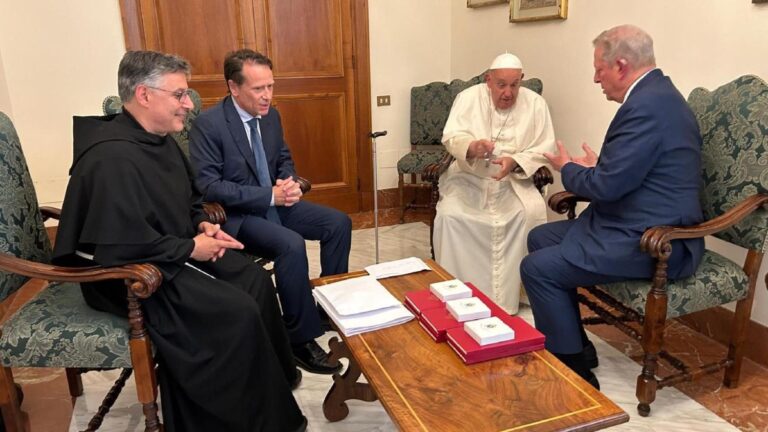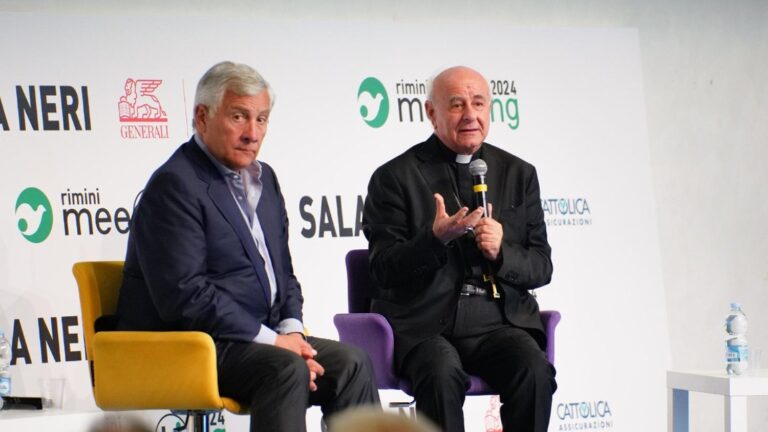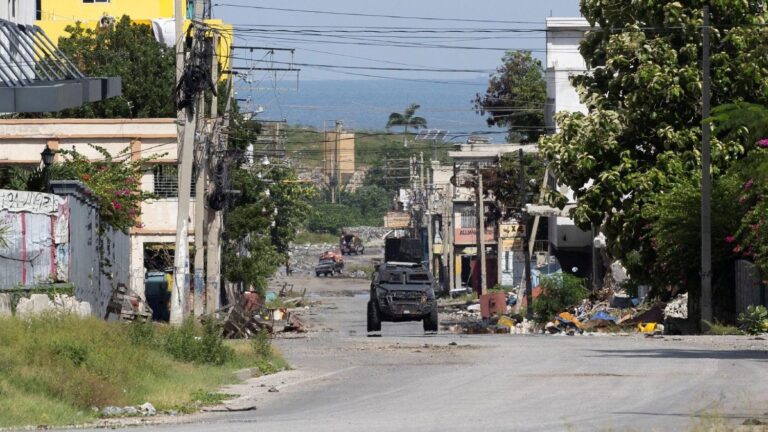Holy See: ‘Fight against racism begins from education’
At a commemorative event in New York marking the International Day for the Elimination of Racial Discrimination, Archbishop Gabriele Caccia, the Vatican's Permanent Observer to the United Nations, highlights the crucial role of education in eradicating racial discrimination. racial prejudice and denounces persistent racial discrimination against migrants or refugees of African descent in their destination countries.
By Lisa Zengarini
On March 21, the United Nations observed the International Day for the Elimination of Racial Discrimination. The celebration coincides with the anniversary of the killing of 69 people by police during a peaceful protest against apartheid “enacted laws” in Sharpeville, South Africa, in 1960.
This year's theme is linked to the International Decade for People of African Descent, which runs from 2015 to 2024.
Speaking at a commemorative event in New York on Thursday, Archbishop Gabriele Caccia, the Vatican's permanent observer to the United Nations, reiterated the Holy See's strong condemnation of racism and racial discrimination in all its forms and highlighted the crucial role of education in eradicating them.
Many forms of racism
He recalled that racism takes many forms which can be deliberate and overt acts of discrimination or unconscious bias. “Consciously or not,” he said, “this attitude of superiority fuels a mentality of rejection that leads to contempt and abandonment of the weakest and those considered useless.”
Ideological colonization
Racism can also manifest itself in the form of omission, “when individuals and communities remain silent and fail to act against racism, racial discrimination and racial injustice.”
The Nuncio further noted that there is also another form of racism, no less insidious, which Pope Francis described as “ideological colonization”, when “certain countries seek to impose their ideologies on other States, refusing sometimes their financial support and humanitarian aid.” unless that State adopts and implements its positions.
The crucial role of education in eradicating prejudice
The seriousness of these phenomena “based on a distorted belief in the superiority of one person over another” cannot leave us indifferent, declared Mgr Caccia, reiterating that it is the responsibility of each “to promote and promote respect for the inherent dignity of every human person.”
To fight racism, he stressed, we must eradicate its root causes which lie in ignorance and prejudice. Hence the crucial importance of education which, as Pope Francis emphasized in his Fratelli Tutti Encyclical Lettermust begin in the family where “the values of love and fraternity, conviviality and sharing, concern and attention to others are lived and transmitted”.
Racial discrimination against migrants and refugees of African descent
In conclusion, the Vatican Observer highlighted the racism, xenophobia, discrimination and intolerance suffered by many migrants or refugees of African descent in their destination countries. Once again, he reaffirmed the need for inclusive integration strategies.
As members of the same human family, each individual deserves a home,” he remarked. “Refugees and migrants can never be considered as simple objects in need of assistance, but as human beings with equal dignity, bearers of rights and duties. »
WCC celebrates “Week of Prayer to Overcome Racism and Xenophobia”
The World Council of Churches also marks the International Day of the United Nations with a Week of prayer to overcome racism and xenophobia from March 19 to 25, the date on which the United Nations International Day in Memory of the Victims of Slavery and the Transatlantic Slave Trade is celebrated. The international ecumenical body provides materials prepared daily by a team from Latin America and other regions. Resources, suitable for groups or individuals, include songs, scriptures, reflections and more.
The week opened with an ecumenical prayer during which WCC President for Europe, Rev. Susan Durber, urged Christian communities around the world and the ecumenical movement to be held accountable for the scourge of racism, xenophobia and other forms of discrimination.
